detail profile daniel burman
Peran Yang Di Mainkan Daniel Burman
 An agoraphobic young woman must remotely...
An agoraphobic young woman must remotely...Give Me Your Eyes 2022
An agoraphobic young woman must remotely aid a mysterious girl being pursued by a pair of unstoppable killers.
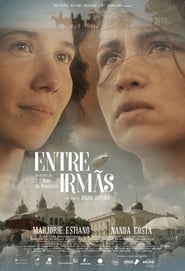 In the thirties two sisters separated...
In the thirties two sisters separated...The Seamstress 2017
In the thirties, two sisters separated by fate face prejudice and sexism, one by the high society in a big city and the other by a group of renegades in the countryside. Despite the distance, they know that they can only count on each other and both of them will assert themselves in their own and surprising way.
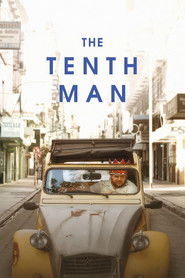 After many years away Ariel is...
After many years away Ariel is...The Tenth Man 2016
After many years away, Ariel is summoned by his distant father to his childhood home in the bustling Jewish quarter of Buenos Aires, known as El Once. Over the course of seven days, during the vibrant holiday of Purim, Ariel seeks to reconnect with his father, who runs a Jewish charity and is regarded as a big macher in the close-knit community, but was frequently absent due to his obligation to fulfill the Jewish quorum of having 10 men present at all funerals.
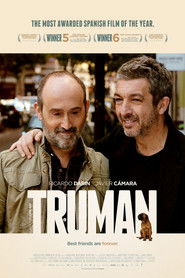 Toms who lives in Canada travels...
Toms who lives in Canada travels...Truman 2015
Tomás, who lives in Canada, travels to Madrid, Spain, to visit his old friend Julián. Both of them, accompanied by Truman, Julián's faithful dog, will share many surprising and emotional little moments, triggered by the hard situation Julián is going through, for just a few days.
 Lifelong business partners Santiago and Eugenio...
Lifelong business partners Santiago and Eugenio...The Mystery of Happiness 2014
Life-long business partners Santiago and Eugenio care for each other, and need each other. When Eugenio suddenly vanishes, Santiago and Eugenio’s wife, join forces to look for him. What they discover is not what they set out to find, and their shared journey becomes a surprising and lighthearted meditation on friendship, love, and loyalty.
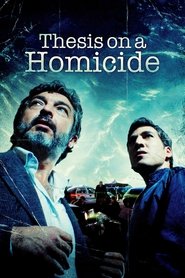 Roberto is a Law professor whose...
Roberto is a Law professor whose...Thesis on a Homicide 2013
Roberto is a Law professor whose life is thrown into chaos when he becomes convinced that one of his best students has committed a brutal murder. Determined to uncover the truth, he begins a personal investigation…
 Are we what others see or...
Are we what others see or...It's Your Fault 2010
Are we what others see, or are we what we allow others to see? Most likely it is the view of others which delimits our own identity, as a young divorced mother named Julieta convinces herself. This evening is like any other: her two young sons are roughhousing in their cramped apartment. They whoop and shout while their mother makes desperately futile attempts at the computer to concentrate on writing a report for work. Feeling intense pressure, Julieta tries to quiet the conflict but finds it difficult without a partner to help. The tense situation changes unexpectedly when her two-year-old falls and hurts himself. In this story of a mother suspected of hurting her own child, the movie investigates themes of motherhood, guilt, duty, the role of men and women, fathers and mothers
 They are both alone They need...
They are both alone They need...Brother and Sister 2010
They are both alone. They need each other but, at the same time, they despise each other. Siblings Marcos and Susana are unable to heal the old wounds festering within them after the death of their mother. When Susana sells their mother's flat, she deprives her brother of the home where he had cared for their mother his whole life. Marcos's need to start living again surfaces when his sister forces him to leave Buenos Aires for Uruguay.
 Empty Nest tells the story of...
Empty Nest tells the story of...Empty Nest 2008
Empty Nest tells the story of a couple who have to struggle to find themselves after their children grow up and move out. It starts out as a fairly simple story of a couple but becomes complicated by a series of events that may or may not be occurring only in Leonardo’s mind.
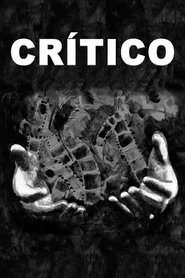 Seventy critics and filmmakers discuss cinema...
Seventy critics and filmmakers discuss cinema...Critic 2008
Seventy critics and filmmakers discuss cinema around the conflict between the artist and the observer, the creator and the critic. Between 1998 and 2007, Kléber Mendonça Filho recorded testimonies about this relationship in Brazil, the United States and Europe, based on his experience as a critic.
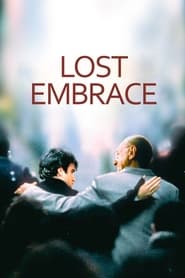 In Buenos Aires the twentysomething JewishArgentinean...
In Buenos Aires the twentysomething JewishArgentinean...Lost Embrace 2004
In Buenos Aires, the twenty-something Jewish-Argentinean Ariel Makaroff ditches the University of Architecture and spends his time wandering through the downtown gallery where his mother has a lingerie shop and his brother runs an importation business. Ariel has never understood why his father left him when he was a baby, but when his dad returns to Argentina, that will soon change.
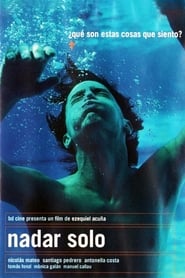 The film does not describe rather...
The film does not describe rather...Swim Alone 2003
The film does not describe, rather it observes, in a distant manner, the world of Martin, a seventeen year old who feels he doesn’t belong anywhere, not at home, school, nor with his friends or members of his rock band. In search of some happiness, Martin takes off to the coastal town of Mar de Plata, where his older brother lives. Unglamorous, yet enchantingly addictive and refreshingly genuine, Acuña paints a confused and uncomfortable world, and makes us want revisit it over and over again.
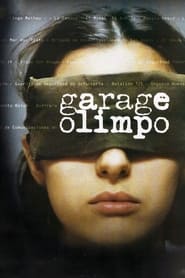 Maria is a militant activist in...
Maria is a militant activist in...Garage Olimpo 1999
Maria is a militant activist in an organisation opposed to the military dictatorship in Argentina. She teaches reading and writing in the shanty towns and lives with her mother in an old and run-down residence. One morning, Maria is carried off, in front of her mother, by a military squad dressed in civilian clothes. The young woman is taken to the Olimpo garage, one of the numerous torture chambers which haunt Buenos Aires to the general indifference of the population. In order to make Maria talk, Tigre, the head of the centre, gives her to one of his best men, Felix.
 The film brings together the winners...
The film brings together the winners...Historias Breves 1 1995
The film brings together the winners of the first edition of the Argentine National Film Board's (INCAA) annual public script competition, the grand prize of which is the budget to produce a short film. Eventually screened in national theaters, the omnibus film gave rise and recognition to a new generation of Argentine filmmakers known collectively as the New Argentine Cinema—a wave of contemporary filmmaking that began in the mid-1990s in reaction to decades of political and economic crises in the country.
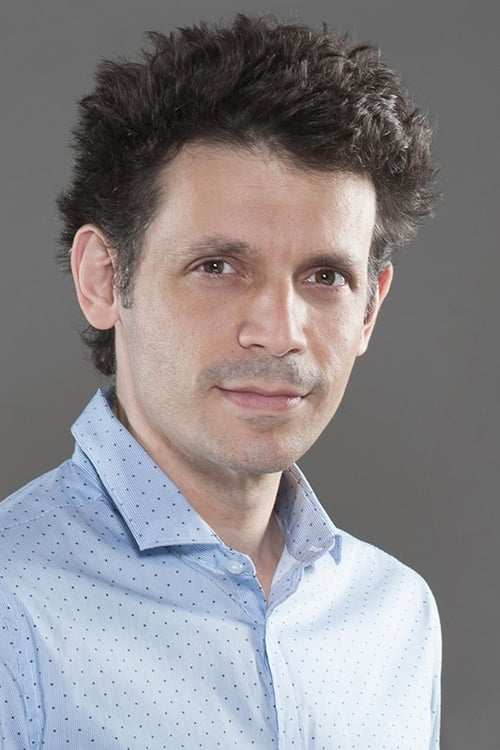
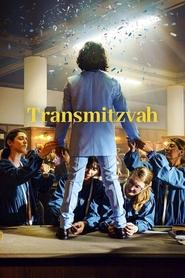 After embracing her female identity Rubn...
After embracing her female identity Rubn...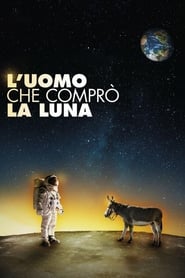 A Sardinian fisherman has promised the...
A Sardinian fisherman has promised the...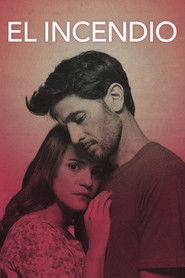 A couple must hold on to 100000...
A couple must hold on to 100000...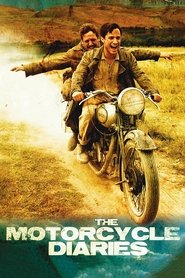 Based on the journals of Che...
Based on the journals of Che... The life of two women and...
The life of two women and...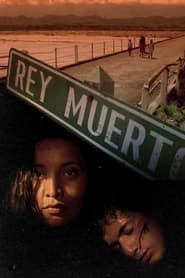 A wife tries to leave her...
A wife tries to leave her...